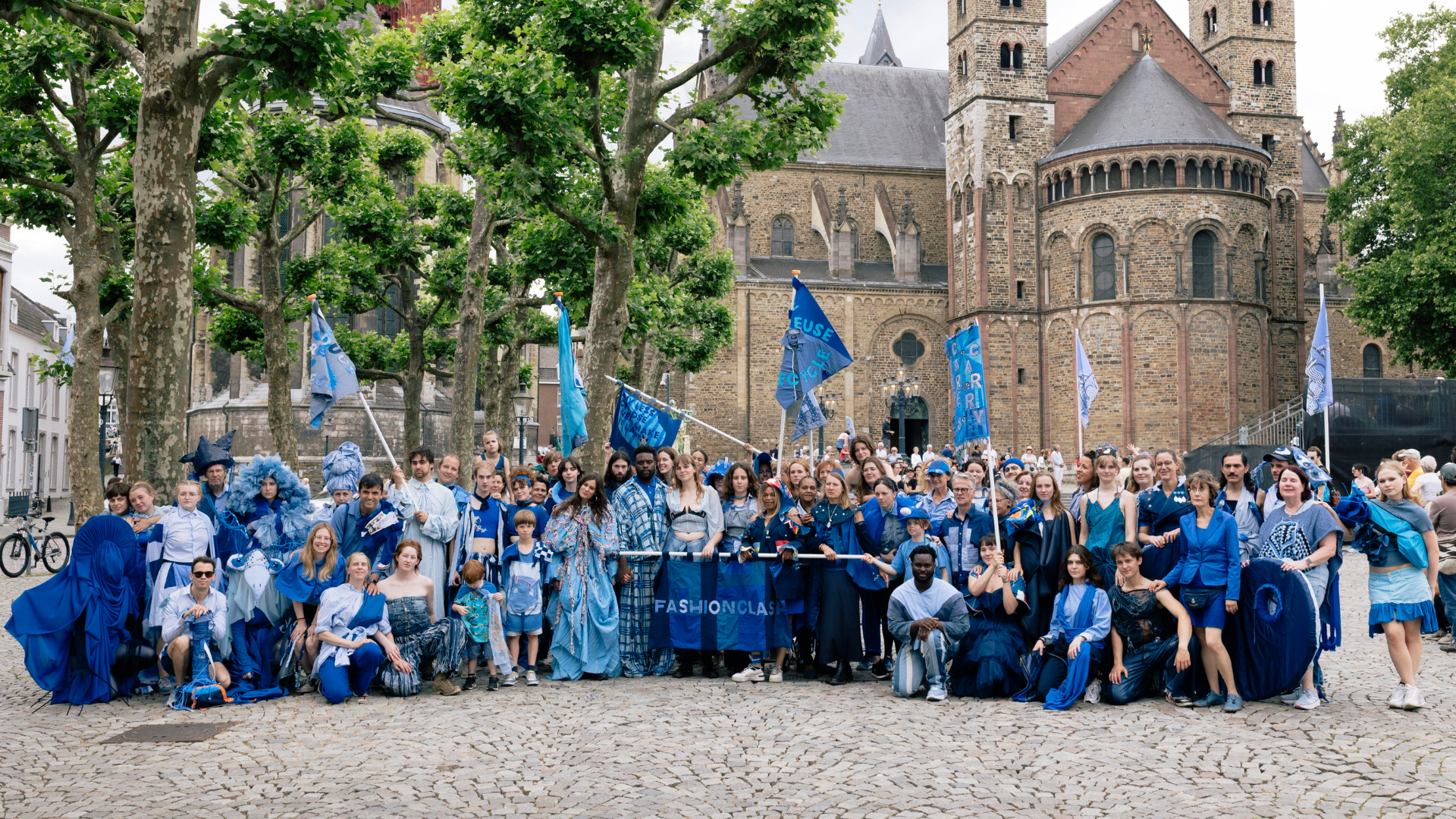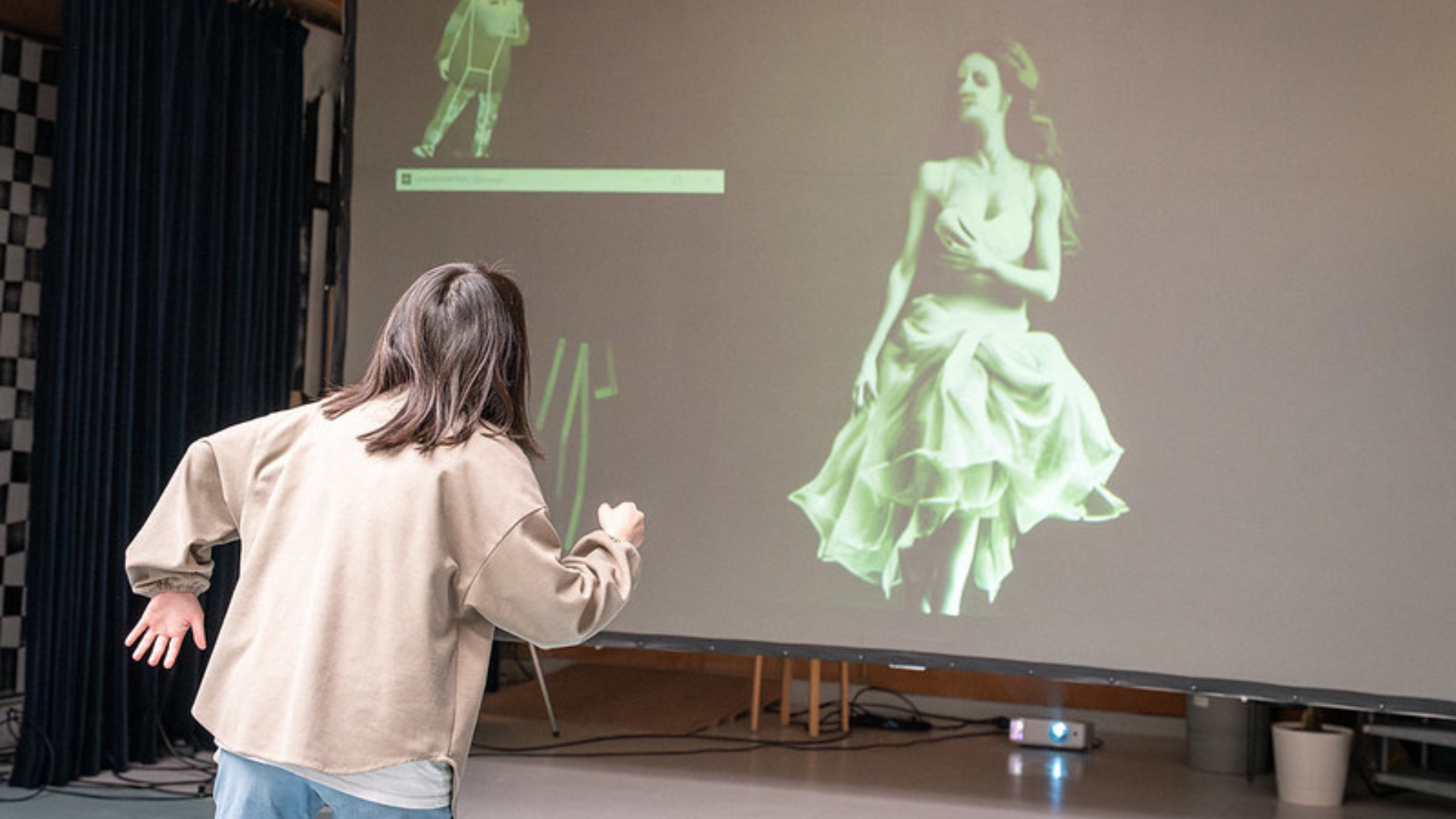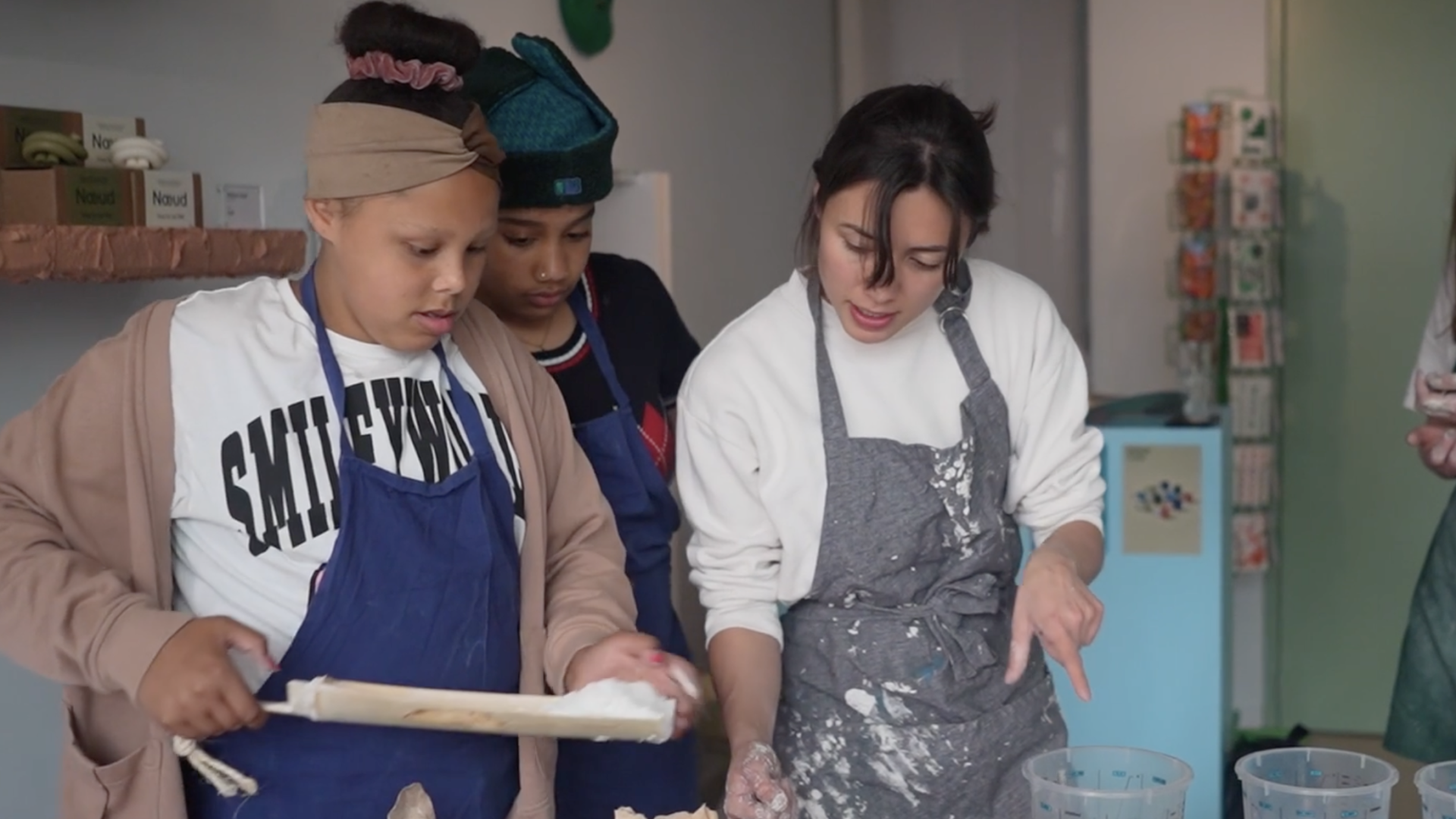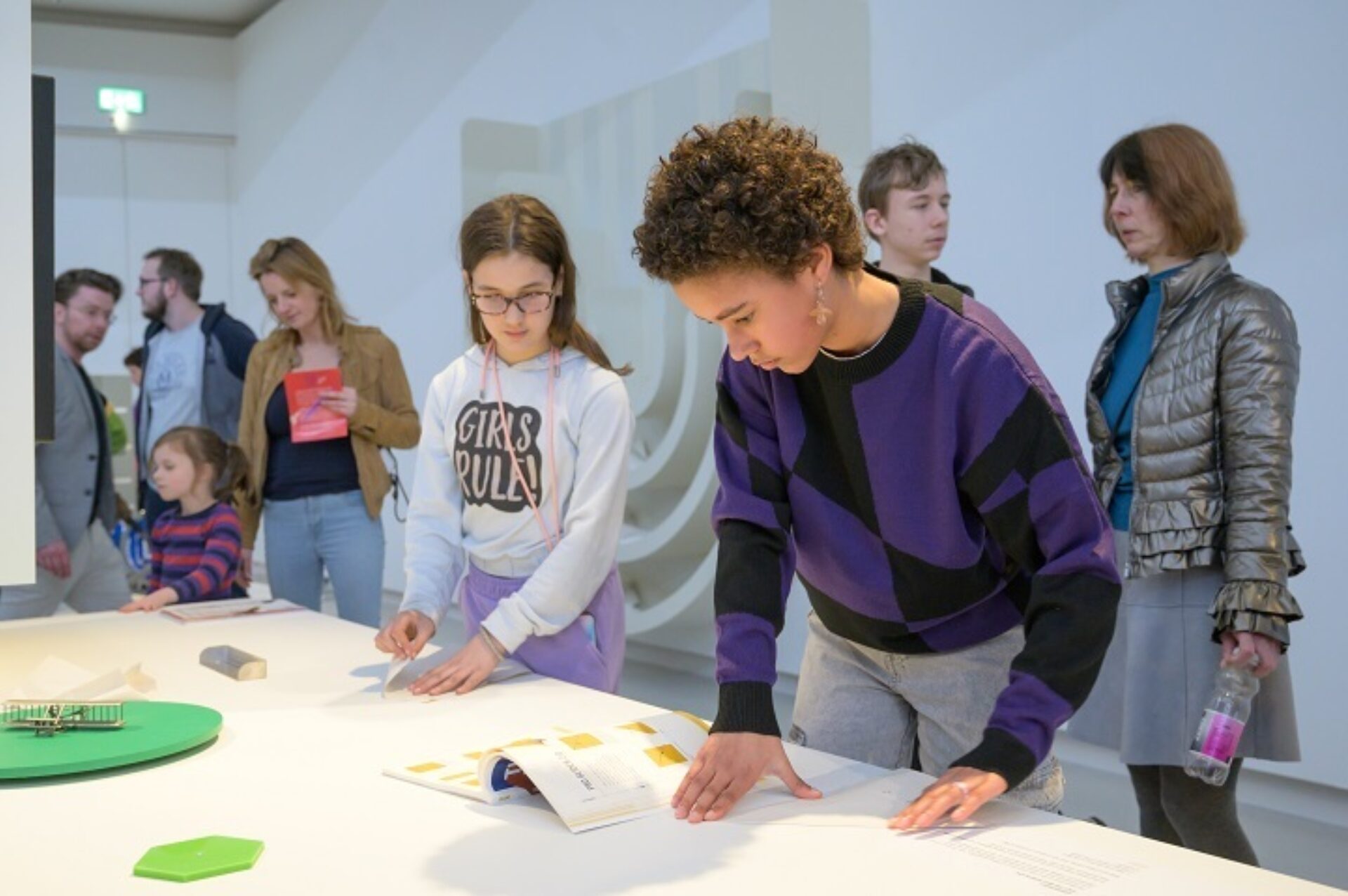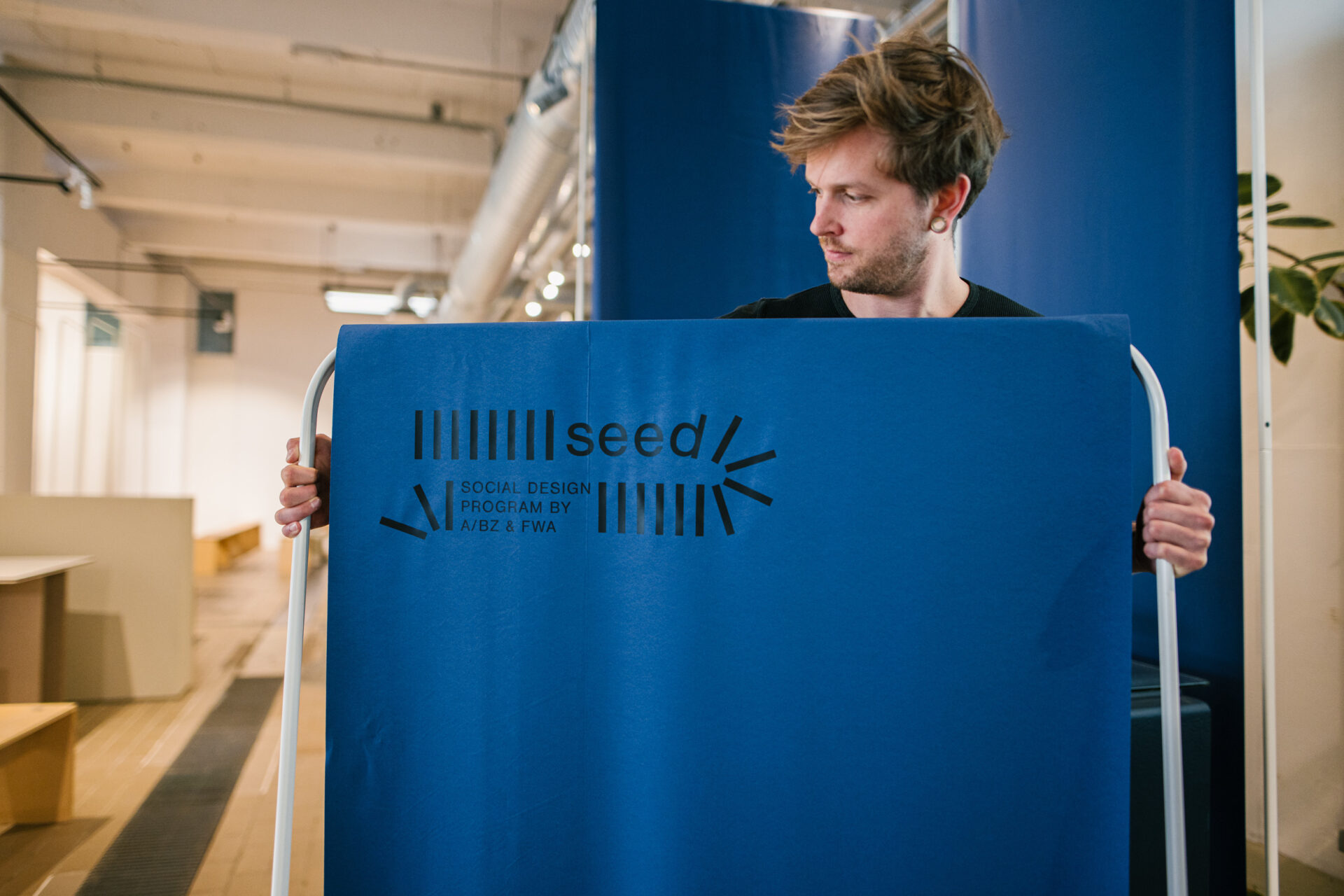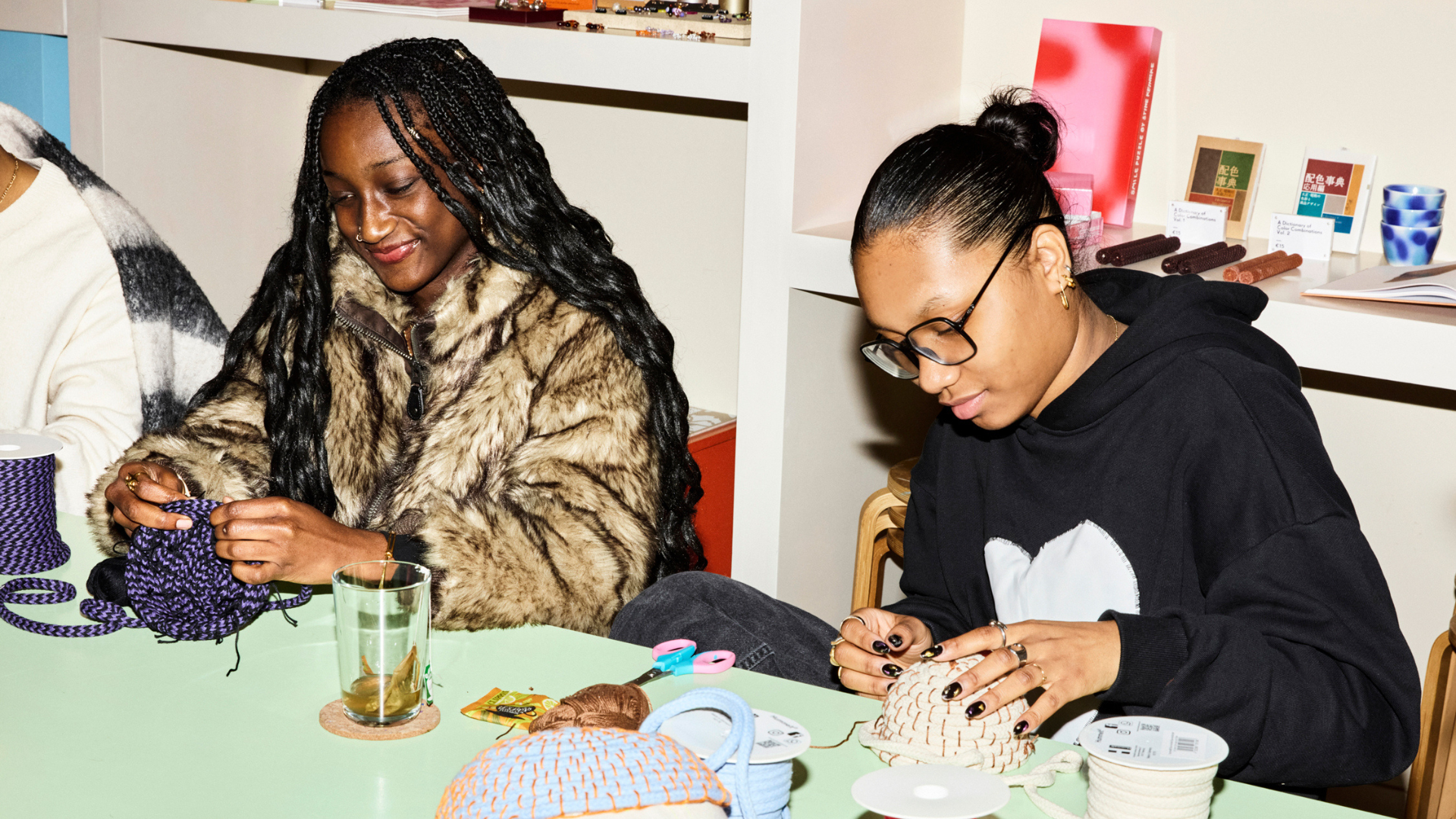
thinking about the future
The programme Breathing Lab: A World Without Police?, which Metro54 is creating in collaboration with designer Ruben Pater, focuses specifically on engaging young people and designers in thinking about a future or world without police. In March 2023, meetings were organized in which the role of the police in the Netherlands was outlined and questioned based on personal stories, anecdotes and experiences. With Let’s get free: a future without police, a start was made with dreaming aloud about the end of police brutality, ethnic profiling and alternatives to the police.
Let’s get free: a future without police? takes as its starting point not only the abolition of prisons, police, or systems of surveillance and punishment, but actually what we can build in their place. For Metro54 and Ruben Pater, it was important to place young people at the centre as makers. Conversations were based on creating design expressions such as illustration, publication, spatial design, graphic design and social design. The aim is to exchange knowledge and develop tools (including design tools) in an accessible way to make this subject discussible in secondary education and MBO schools.





